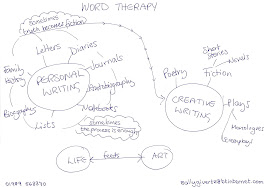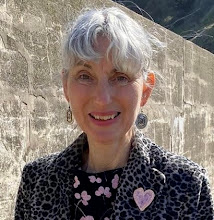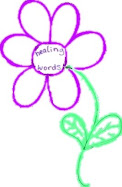Celtic Myths - 5th October 2012
This series of 6 workshops has an overarching theme of "Goddesses". We began with the Celtic world.
The story of Ceridwen is well known, and like many other ancient myths it involves transformation:
Legend
According to
the late medieval Tale of Taliesin, included in some modern editions of
the Mabinogion,
Ceridwen’s son Morfran was hideously ugly, so Ceridwen sought to make him wise.
She had a magical cauldron that could make a potion granting the gift of wisdom
and poetic inspiration. The mixture had to be boiled for a year and a
day. Morda,
a blind man, tended the fire beneath the cauldron, while Gwion Bach,
a young boy, stirred the concoction. The first three drops of liquid from this
cauldron gave wisdom; the rest was a fatal poison. Three hot drops spilled onto
Gwion's thumb as he stirred, burning him. He instinctively put his thumb in his
mouth, and instantly gained great wisdom and knowledge.
Ceridwen
chased Gwion. He turned himself into a hare. She became a greyhound.
He became a fish and
jumped into a river.
She turned into an otter.
He turned into a bird;
she became a hawk.
Finally, he turned into a single grain of corn. She then became a hen and ate
him. When Ceridwen became pregnant, she knew it was Gwion and resolved to kill
the child when he was born. However, when he was born, he was so beautiful that
she couldn't do it. She threw him in the ocean instead, sewing him inside a
leather-skin bag. The child did not die, but was rescued on a Welsh shore –
near Aberdyfi according
to most versions of the tale – by a prince named Elffin ap
Gwyddno; the reborn infant grew to became the legendary bard Taliesin.
One writer gave us this in response:
She Became
(inspired by the
legend of Ceridwen)
The fish that jumped
The otter that leapt
The hen that pecked
The child conceived
The child is born
The beautiful child, from a speck of corn
Yvette
As a keynote poem we looked at "Gloria" by Ruth Fainlight. Here is part of it:
Gloria
Ruth
Fainlight
(an extract)
However she’s personified
Or represented,
I won’t forget
Can easily contain
A million goddesses or concepts.
Sophia, Anima, or Kali,
Black or white, death or wisdom,
The central fire
Or all-engulfing water:
My muse is in myself;
And as all past and future
Exist between my own two eyes,
My living need
Is symbolised
By her resplendent figure.
Other references: The poem "The White Goddess" by
Robert Graves; also the poem "The Song of Wandering Aengus" by
W.B. Yeats (they are strangely similar).


.jpg)



No comments:
Post a Comment